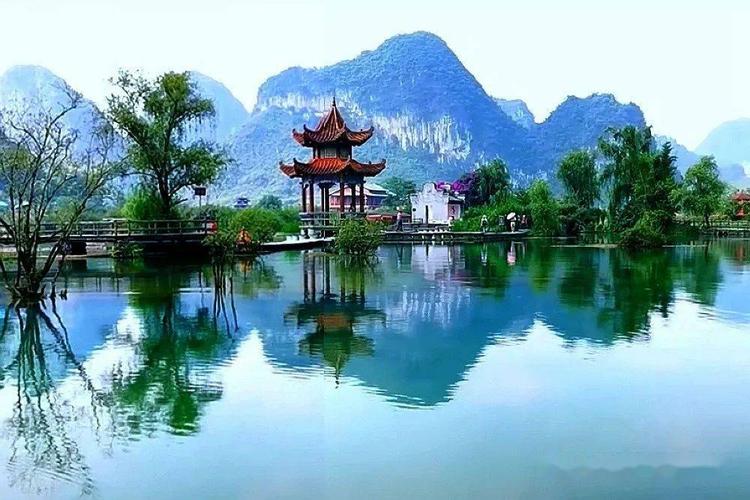Globalization has brought many changes to the world and has made our planet a much smaller place. One of the most significant changes that globalization has brought about is the concept of global culture. While some may confuse the terms ‘global culture’ and ‘globalized culture,’ there are significant differences between the two. Understanding these differences is essential as the world continues to become more interconnected and diverse.
Global culture refers to the way that people interact, communicate, and live in different parts of the world. It is a collective term that encompasses the different traditions, customs, beliefs, and lifestyles that people around the world share. Global culture is the result of centuries of interactions between societies and cultures across the globe. The cultural exchange that has happened over time has led to the creation of a common culture that transcends national boundaries.
On the other hand, globalized culture refers to the homogenization of cultures across the world. It is the process by which local cultures adopt global cultural traits. Globalization, with its influence on technology and media, has facilitated the adoption of western culture globally. This is evident in the popularity of western foods, music, and fashion globally. As a result, globalized culture can be seen as a threat to the cultural identities of people worldwide.
The difference between global culture and globalized culture is critical. Global culture acknowledges the unique differences between various cultures while promoting an understanding and respect for them. It emphasizes the need to embrace and celebrate diversity rather than eroding it. However, globalized culture seeks to replace traditional cultures with a standardized and westernized view of the world.
In conclusion, understanding the difference between global culture and globalized culture is essential in today’s world. While global culture seeks to celebrate diversity and promote understanding, globalized culture can threaten the unique cultural identities of people worldwide. As we continue to navigate a more interconnected world, we must ensure that we uphold the values of global culture while avoiding the homogenization of cultures. The beauty of our world lies in the diversity of its people and cultures.
(Note: Do you have knowledge or insights to share? Unlock new opportunities and expand your reach by joining our authors team. Click Registration to join us and share your expertise with our readers.)
Speech tips:
Please note that any statements involving politics will not be approved.
